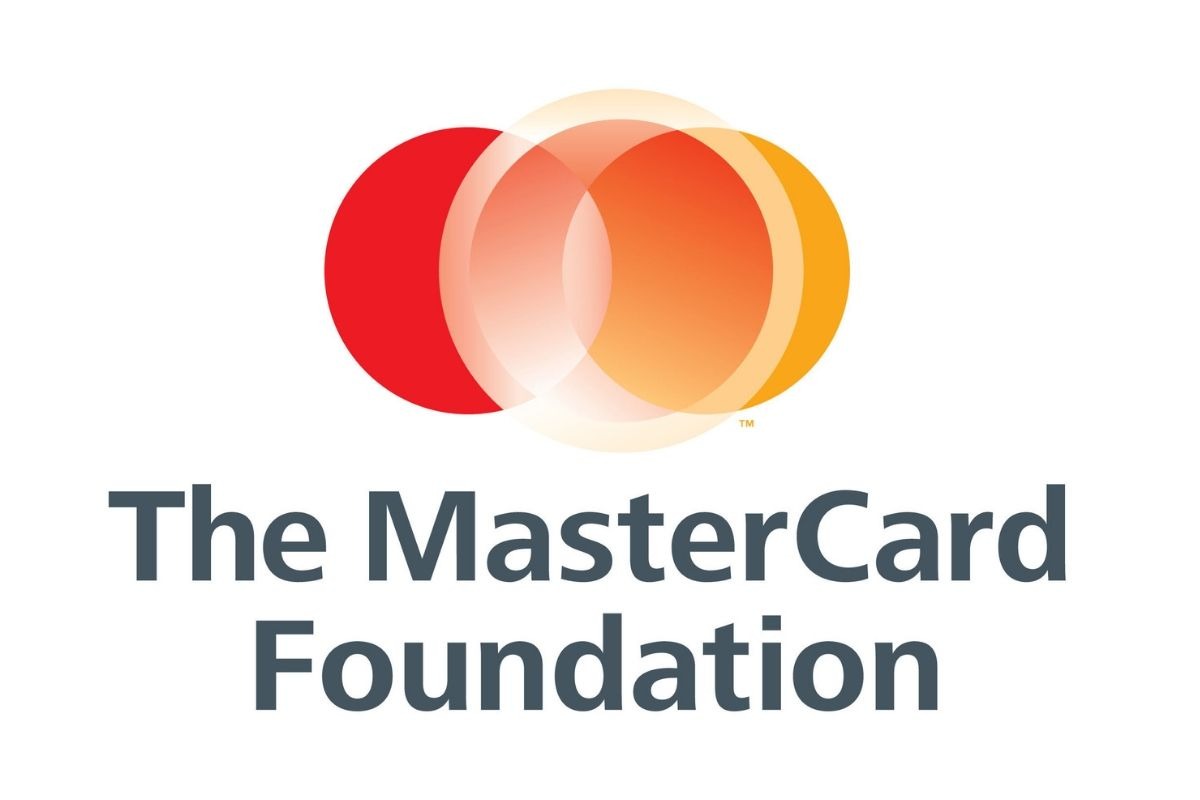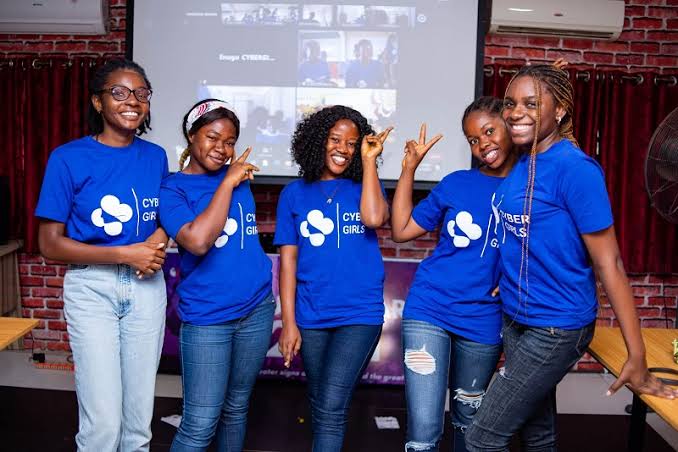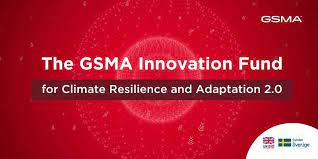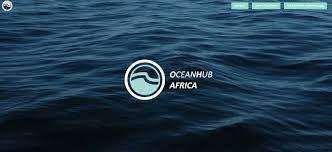For the second year running, the Ed-Tech Fellowship Programme in Nigeria, co-hosted by Co-Creation Hub (ccHub) and the Mastercard Foundation, is accepting applications.
A US$15 million ed-tech accelerator initiative will be launched in Kenya and Nigeria by CcHub and the Mastercard Foundation in February 2023 as part of the Mastercard Foundation Ed-Tech Fellowship Programme.
In 2023, 12 startups from Nigeria and 12 from Kenya received initial support from the fellowship. Over the next two years, the support will be extended to 36 ed-tech companies.
Read also: Mastercard, illicocash to launch virtual card program in DRC
Currently in its second year, the fellowship is seeking innovative ideas from startups in Nigeria that have ed-tech solutions that could revolutionise learning across all levels, from preschool to the classroom.
Startups based in Nigeria must prioritise serving the African market. Problems in elementary, secondary, informal, and tertiary education, as well as in corporate learning and vocational skill training, should be addressed by their solutions.
Fellows in the 2024 class who participate in the accelerator program will have access to a network of investors, coaching and mentorship from industry experts, and chances to network. They will also be able to raise $100,000 without having to give any equity.
Participants in the accelerator program from the 2024 cohort of Fellows will be eligible to receive:
Advisory services are provided by experts in the fields of learning science, product development, sales and marketing, and talent management.
Guidance and instruction from prosperous entrepreneurs and industry leaders.
Networking opportunities.
Opportunity to connect with a group of generous investors.
$50,000 in funding that does not require any equity.
Application is open until February 17th.
The purpose of the fellowship
The fellowship was established by the Mastercard Foundation’s Centre for Innovative Teaching and Learning with the aim of supporting the development of a groundbreaking education technology ecosystem in Africa. For the benefit of students, teachers, and EdTech pioneers all over the continent, we aim to promote creativity and effective methods of integrating technology into the educational process.
To guarantee a diverse range of solutions addressing key issues in the EdTech space, the selection process for the cohort was carefully designed. Digital content, learning management systems, workforce development, online learning resources, tutoring, and support for STEAM education are just a few of the many topics covered by the 12 selected startups.
Throughout the hiring process, CcHUB and the Mastercard Foundation worked to increase gender parity and promote inclusion. Out of the twelve companies chosen, nine had female founders or senior executives as a result of this concerted effort.
To help them grow their businesses and make a bigger splash in Nigeria and beyond, the selected startups will get seed money and access to expert advisors. Starting today in Lagos, the program will consist of a six-month accelerator phase run by the CcHUB team and a further twelve months of advisory support.
In order to help African EdTech companies tackle problems in K-12, higher education, and vocational training, the Mastercard Foundation has established the EdTech Fellowship Program, which includes this collaboration.
The program is hopeful that these solutions will help address some of the most persistent problems in African education, including low enrollment, poor quality, and a lack of accessible, high-quality educational opportunities for the continent’s youth.




